Week in Review
Monday
New season, old problems
As a new rainy season begins, how can Mozambique adapt to extreme rainfall?
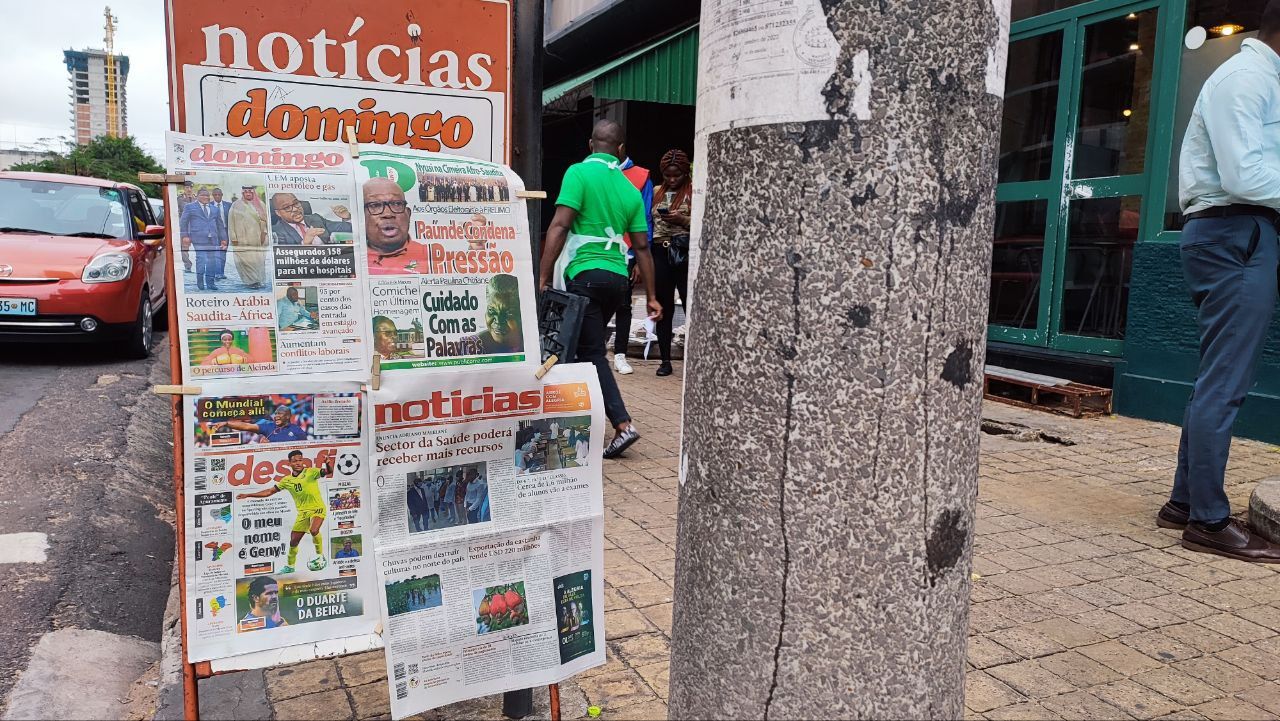
According to USAID, Mozambique is expected to experience a 25% increase in the magnitude of large flood peaks, largely as a result of climate change. The country could also face a sea level rise of up to 56 cm along the coastline by 2090 and an increase in intensity in rainfall events and cyclones. Despite facing huge disaster risks, Mozambique is the 13th least prepared country for the effects of climate change.
There are many ways that Maputo, and Mozambique more generally, could adapt to the worst impacts of extreme rainfall. “Grey” infrastructure such as drainage canal retention basins and protective walls can work alongside “nature-based solutions”, such as mangrove reforestation and planting dune vegetation, which prevent land erosion during flooding. As is often the case, the question here is not how will Mozambique adapt to climate change, but rather, who will foot the bill?
Tuesday
Rebellion in the air
Despite attempts to shut down dissent, there is a risk of the post-election crisis blowing up again when the Constitutional Council makes its final pronouncement
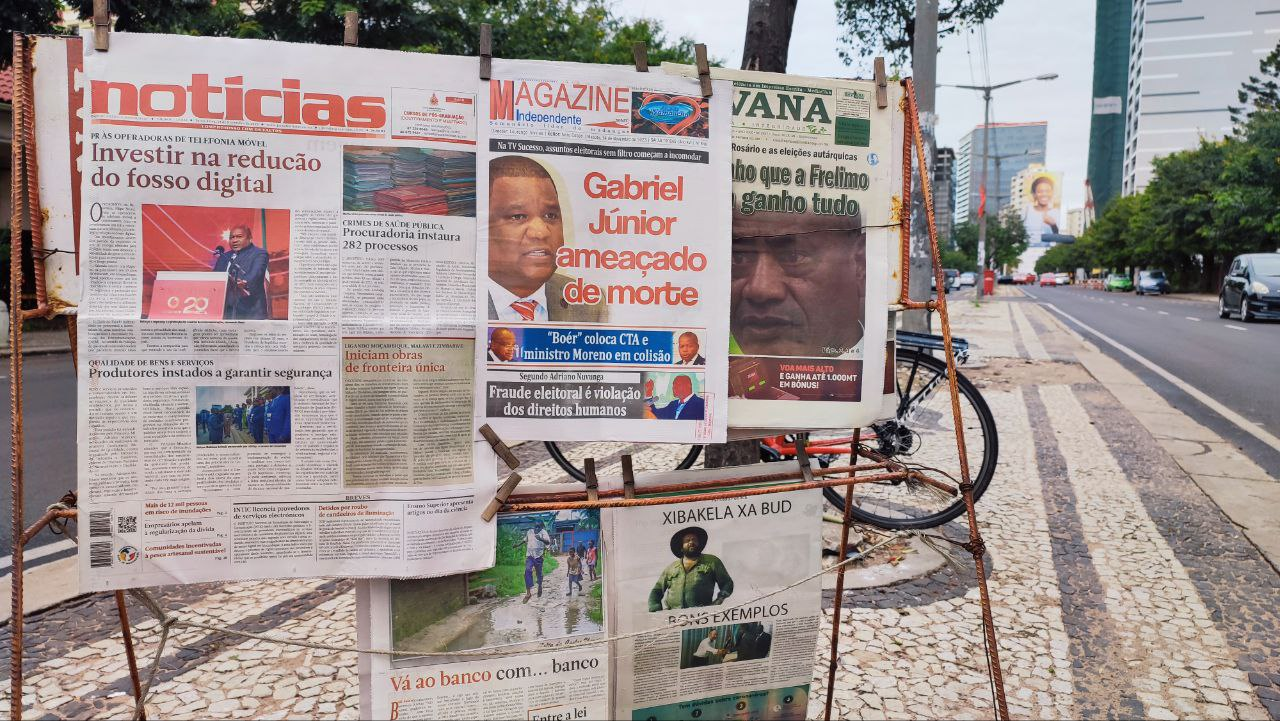
The incumbent Renamo mayors in Nacala-Porto and Nampula, Raul Novinte and Paulo Vahanle, are under police investigation accused of inciting violence during protest marches against the election results. Gabriel Junior, a Frelimo MP and owner of TV Sucesso, has said publicly that he is receiving death threats as result of the coverage his media channel has given to irregularities during the elections.
Nor are judges immune, in towns and districts where they have stood up to illicit acts during the elections which could ultimately alter the popular verdict at the ballot boxes. This was the case for judges in Chokwé, Cuamba, and in Kamabukwane, a district in the capital, Maputo.
Wednesday
Niassa dreams
Despite the current optimism, the development of Niassa has always faced huge challenges
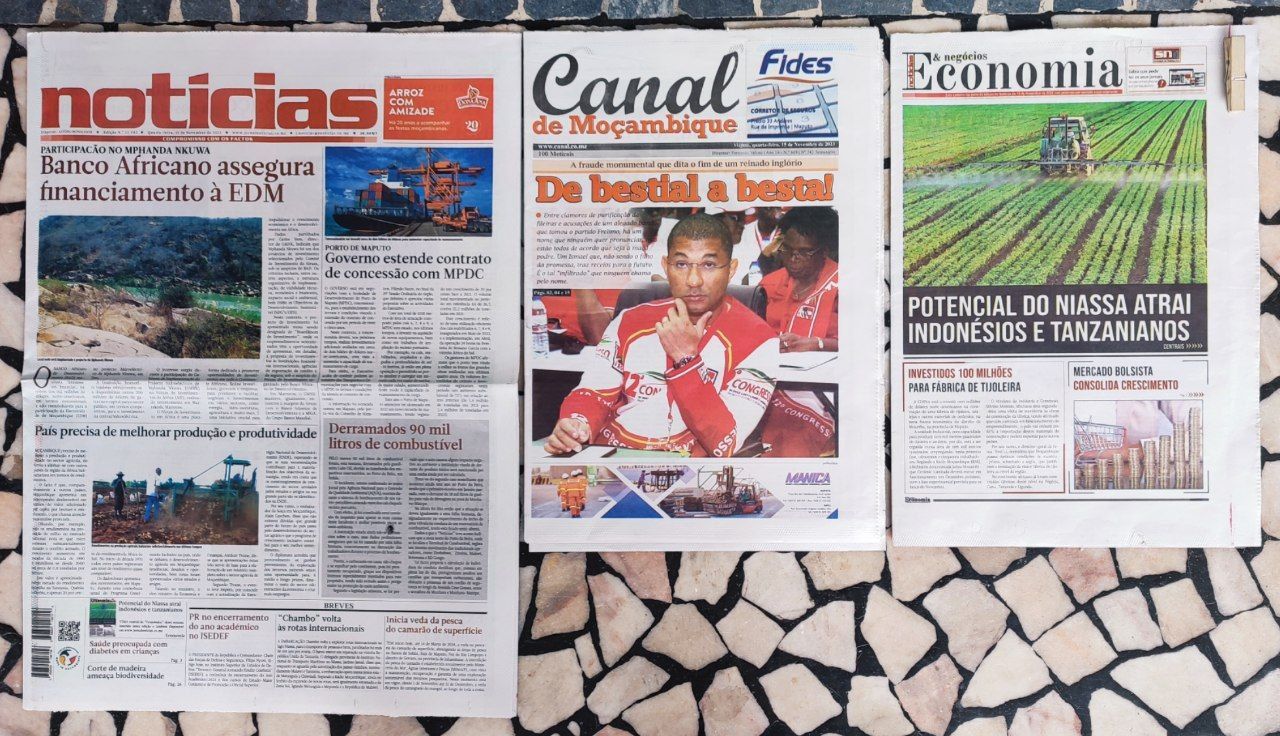
Despite the current optimism, the development of Niassa has always faced huge challenges. The road system and connectivity with other parts of the country continue to be very problematic. Next year the connection between Lichinga and Cuamba should finally be finished, giving access to the Nacala sea port at the other extreme of northern Mozambique. But there is no firm date for the conclusion of road works between Marrupa and Montepuez, on the road through Cabo Delgado to Pemba, another sea port on the coast.
But this is not the only constraint. The major consumer markets are far to the south, provinces like Inhambane, Gaza and Maputo. It is cheaper to import food to there from South Africa than by road from Niassa. And even Malawi is able to import products such as poultry or sugar competitively to northern Mozambique.
Meanwhile, warehouses in Beira and Nacala ports are crammed with pigeon peas and sesame and commercial banks are also desperate to get back the credit they lent to traders. Some 200,000 tons are waiting to be exported.
But instead of giving the impression that the government is listening to the concerns of business, minister Moreno instead appeared to double down on defending an indefensible position. Prospective investors will need a more predictable business environment if they are to take on the challenge of making the most of what Niassa undoubtedly has to offer.
Thursday
Constitutional Council demands to see the proof
The Constitutional Council is collecting evidence from an increasing number of disputed municipalities, ahead of a final decision on a date as yet unkown
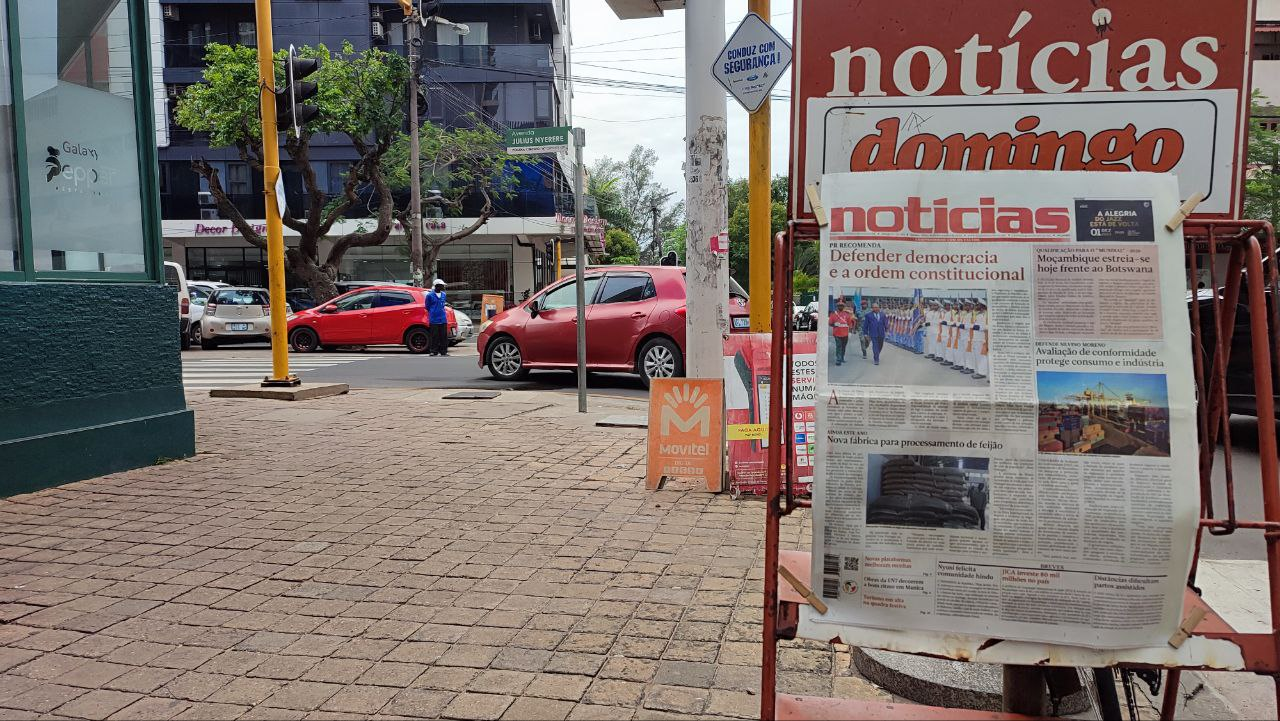
Chinese logger accused of logging near Mount Mabu (Notícias)
A Chinese logger is indiscriminately cutting down trees for timber in the buffer zone of Mount Mabu, in the district of Lugela, in Zambézia province, a region that is intended to become a conservation area. The Chinese logger, who is using the licence of a Mozambican businessman who lacks technical capacity, is cutting Umbila and Chanfuta trees with the likelihood that he could, at any moment, spread his action to the Mount Mabu community, which is characterised by high-value resources. Local community leaders and the population are outraged by the logging, which has been going on since September. The local authorities have promised to investigate the case.
Chanfuta and Umbila are both species which are illegal to export. Mount Mabu is locally considered a mystical mountain, and also became famous internationally after the rainforest on top was explored by scientists who had identified it as interesting using Google Earth.
Friday
The CNE scrambles
The coming two days could represent a last chance for the CNE to repair the situation surrounding the municipal elections
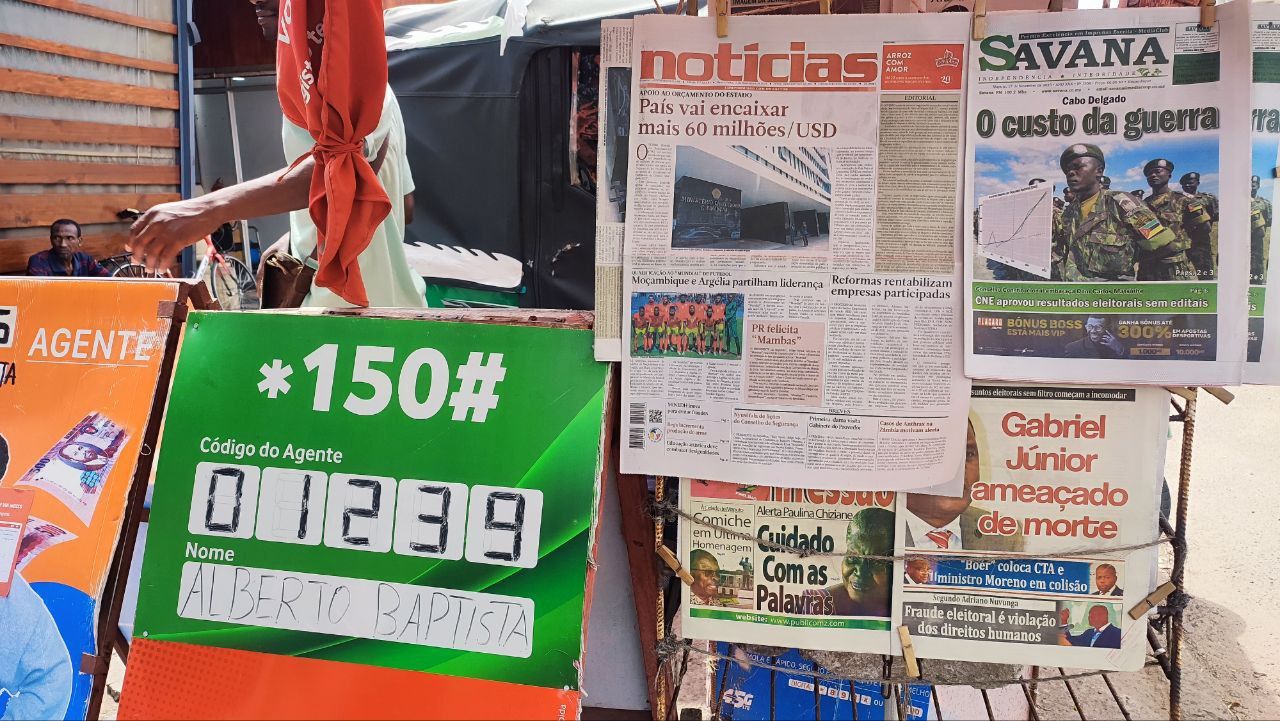
The CNE’s inaction and ostensibly neutral stance has not helped its president, Bishop Carlos Matsinhe, who has been plausibly compared to Pontius Pilate washing his hands of a difficult decision. His colleagues in the Anglican Church have called on him to resign over his failure to ensure a transparent and legitimate vote count. He appears now to be on the run from a crunch meeting with his fellow clerics.
The coming two days could represent a last chance for Matsinhe and the CNE to repair the situation and ensure the CNE receives the real results from the elections, on which to base a decision — though of course, even the genuine editais are tainted by voter registration manipulation, and ballot box stuffing.










